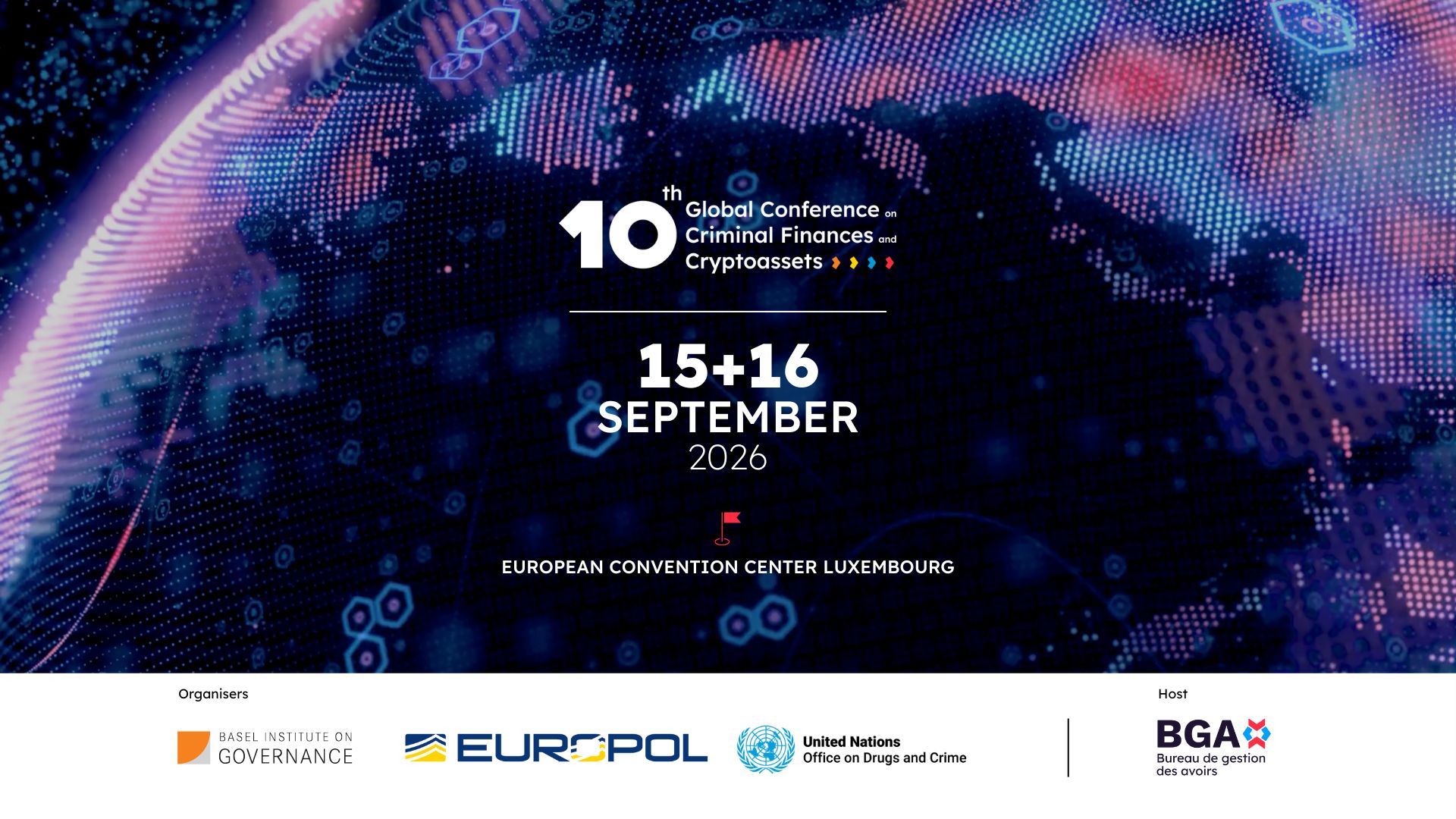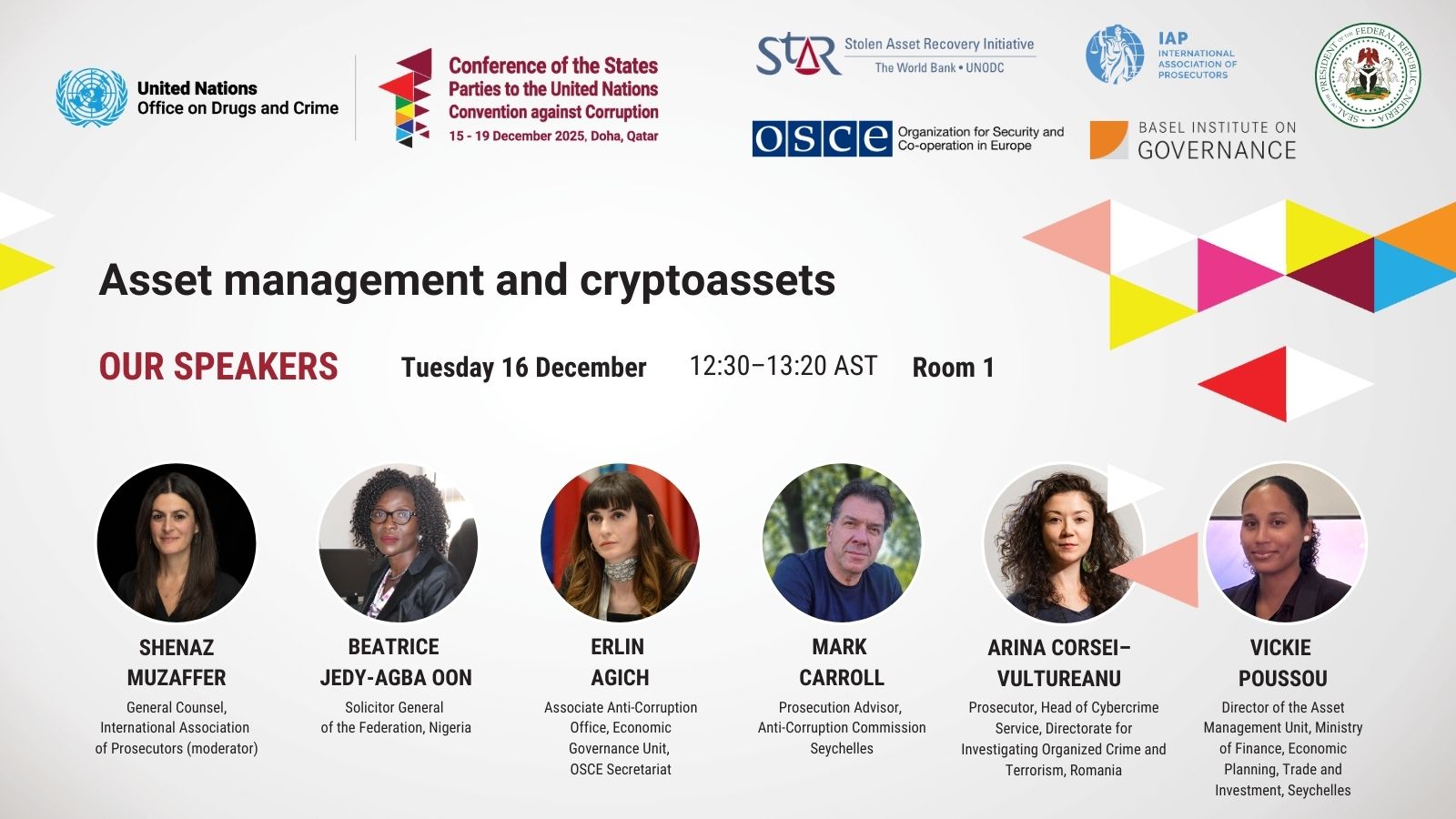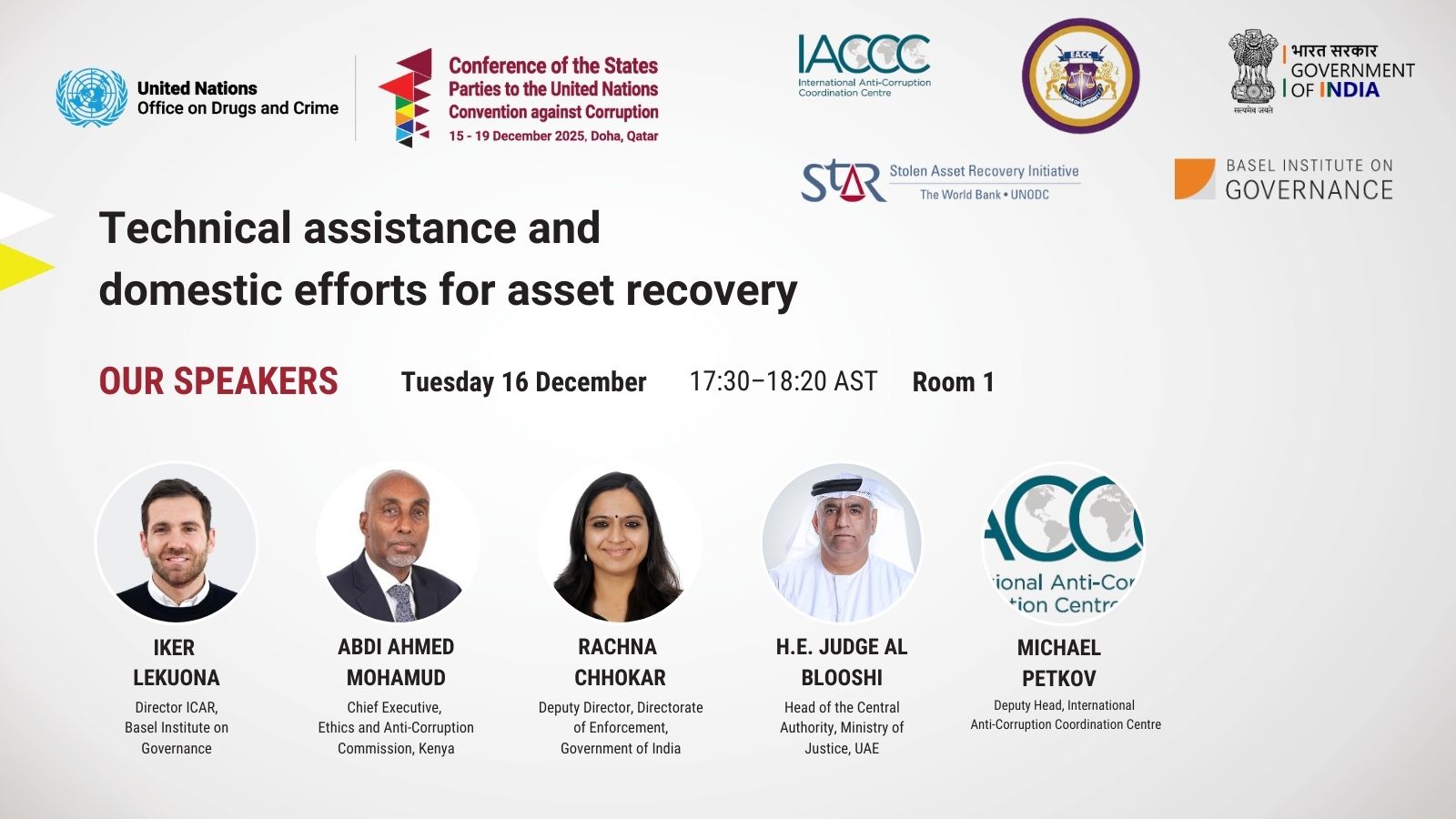Basel LEARN: free courses on financial investigation, asset tracing, intelligence gathering and more
Our online learning platform, Basel LEARN, offers a collection of free self-paced eLearning courses. They are developed to help law enforcement, anti-money laundering and compliance professionals gain new skills to fight financial crime.
The interactive modules help you to “learn by doing” – for example, by completing tasks in a simulated investigation. After successfully completing a course, you will be awarded a Certificate of Completion.
Courses available:



